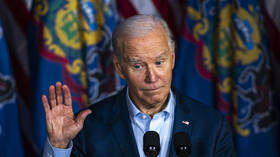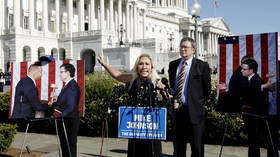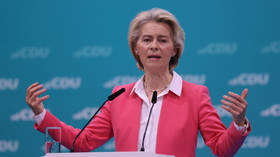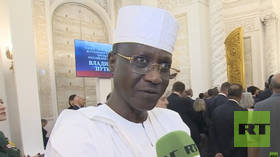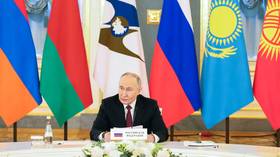Israel’s largest banks block Russian assets – media
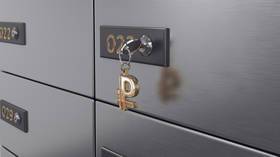
The three largest Israeli banks have segregated assets in accounts belonging to Russian citizens or Russian tax residents, Forbes reported on Wednesday, citing Mark Oigman, the founder of international financial company SmartGen.
Previously, the EU’s largest depositary Euroclear demanded that its partner-banks separate accounts that belong to Russians in order to monitor compliance with EU sanctions.
“We know that Israel’s three largest banks have already segregated [Russian accounts]: Discount bank, Bank Hapoalim and Bank Leumi,” Oigman said.
According to the financier, most asset-holders have managed to secure their funds as banks notified them of the possible account segregation in advance, giving them ample time to sell or move their securities. Oigman added that the segregation only targeted assets linked with Euroclear, and Russian residents are still free to open accounts and trade in foreign securities through Israeli banks, if these securities are outside of EU jurisdiction.
As part of sanctions on Russia over the Ukraine conflict, the EU and Switzerland placed restrictions on assets belonging to Russian citizens last year: they were banned from receiving more than €100,000 ($108,000) in their EU-based accounts. A similar limit was placed on investment accounts: if a Russian resident’s investment portfolio exceeded €100,000, any coupon income, dividends, or proceeds from the sale of assets linked to it were credited to a special segregated account. The account’s owner lost access to these funds, while Euroclear gained means to block them in the event of sanctions violations.
Restrictions initially applied only to EU-based financial institutions which held Euroclear-linked assets, but the clearing house has since instructed its partners outside the bloc to comply with the requirements, including the UAE’s NBD Bank and the Kazakhstan Stock Exchange (KASE). An order instructing Israeli financial institutions to segregate accounts belonging to Russians reportedly came into force on November 13.
According to earlier reports, Israeli banks are currently in talks with Euroclear over the details of asset segregations, as many account holders have dual Russian-Israeli citizenship, and it is unclear whether their accounts should fall under the depository’s restrictions.
For more stories on economy & finance visit RT's business section



